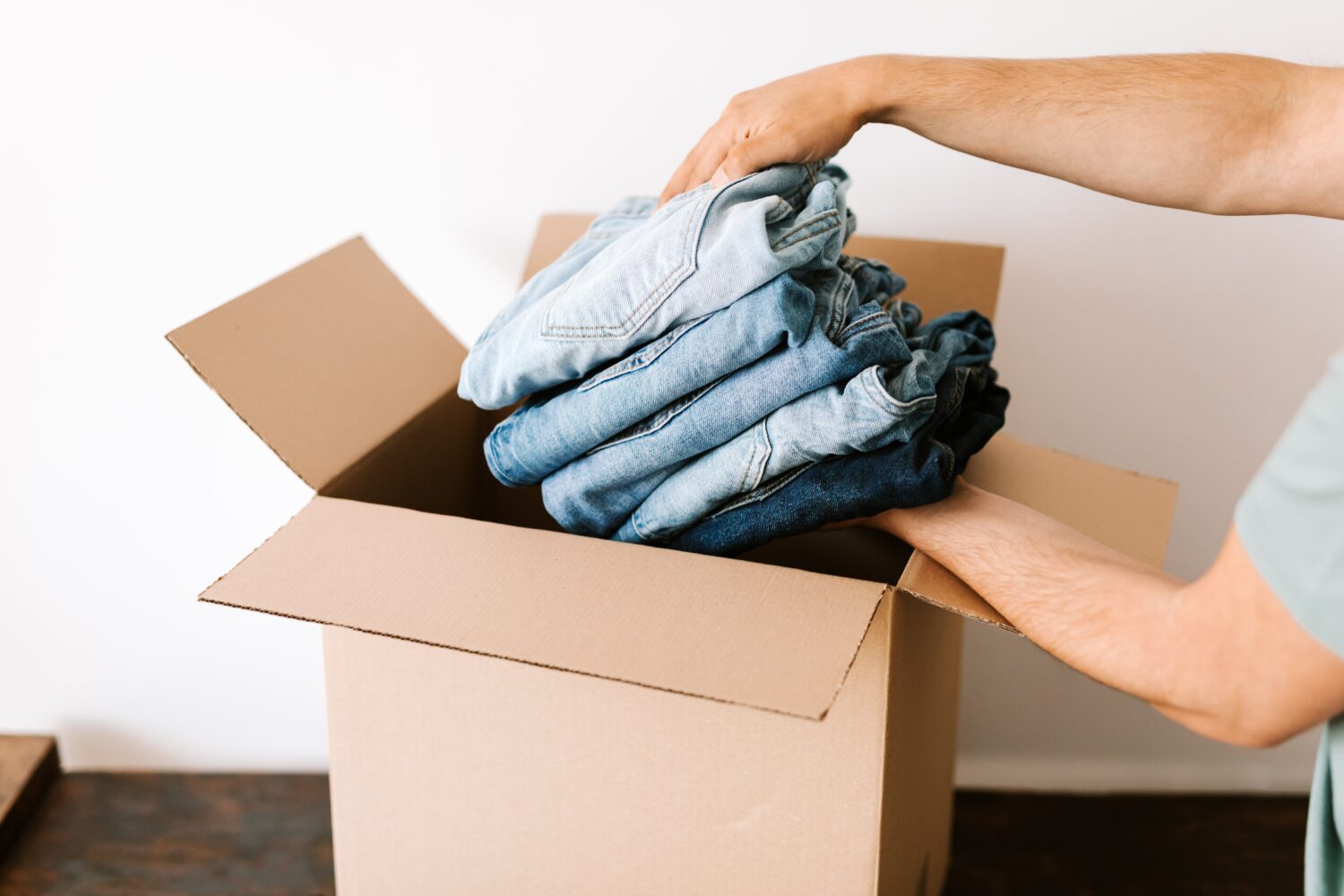
New European Directive will change the way people sell on applications like Vinted or Wallapop
It is becoming increasingly popular among young people to sell and buy second-hand clothes. Vinted, Wallapop, or Milanuncios are some of the applications used for this purpose. Over the last few years, their downloads have increased, and more and more people are using them. This has caught the attention of the tax authorities.
It is an easy way to earn some money, give clothes a second life, renew your wardrobe, and not give in to the consumerism of the big fashion industries and their excessive prices.
From the 1st of January 2024, the European Directive DACC7 2021/514 will come into force. This regulation obliges companies to notify the tax office of users’ sales and profits when they make large profits.
Apps such as Wallapop or eBay have communicated that they will send data to the relevant tax authorities in two cases. If the user obtains a compensation greater than or equal to 2,000 euros for their sales, or if they make more than 30 sales regardless of the amount. All this if it occurs during a calendar year and if you are an EU resident.
David de la Cueva Rodríguez, an economist specialising in taxation, gives his opinion and reports on how the directive works in broad terms.
Why did you decide to introduce this new directive?
This type of measure is designed to fight against all types of underground economy. At the end of the day, a lot of money is involved in these types of applications, but tax collectors do not receive any of it. So, with the obligation for companies to report it, this makes their job easier. They will know who is making money on these apps and how much. Then the tax authorities in each country will be able to demand their share.
Do you think this European directive will be effective?
I think so. It is going to force all those who earn more than 2,000 euros to have to declare this income to the State of each country. This will mean that the State itself will have more information and will be able to collect money that it did not collect before. At the same time, I believe that this will lead all users of these types of applications to start declaring their earnings on their own initiative for fear of being caught. This will result in more information and more revenue for the states. These apps and the users operating them have long been operating outside the tax law. What this is going to do is to integrate these types of operations more and more into tax collection. It will be much easier for states to identify the money that is being moved and, above all, from whom to demand payment of the corresponding taxes.
Do you think this directive is necessary?
Yes, I think it is necessary if we want all economic activities to be on an equal footing in terms of taxation. These types of activities must start to pay what they are entitled to and have so far managed to evade. The directive focuses on one of the main problems that states often have in collecting taxes, which is the lack of information. So, if it helps to reduce this problem, then of course it is important and necessary.
And don’t you think that this is going to affect more people than just those who have large profits and are trying to evade taxes? Many people sell at low prices to be able to give clothes a second life and thus promote sustainability, and they will also be affected.
Obviously, the main aim is to go after those who make large amounts of money, which is why I think it is appropriate to set the amount at €2,000, so as not to go after ordinary citizens who simply sell clothes they are not going to use. Even so, it is true that, from a legal point of view, tax evasion will continue to occur both for people who move a lot of money and those who move little. So, if states want to go after these small sellers, they also have the law on their side. It seems to me that they must focus on the big sellers, and I expect them to do so.
This directive will affect the way people sell on platforms such as Vinted or Wallapop.
Many people use them to give clothes a second life, but this may come to an end because some people are using them to make money from them. As long as the Directive does not lower the amount of money needed, a part of the sale and reuse of clothes can be maintained, but not in the same way as before.
Text: Estela González
Photo: © Karolina Grabowska via Pexels



